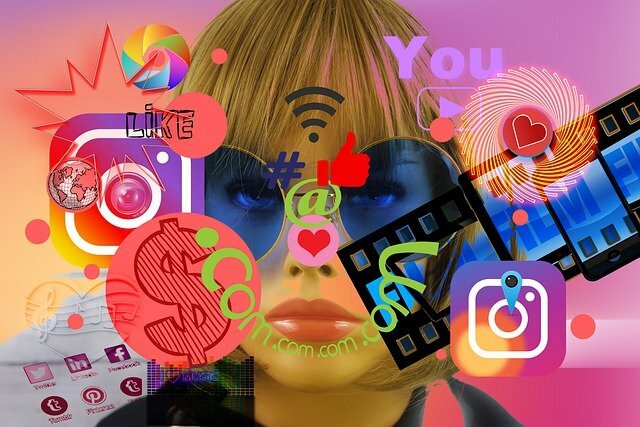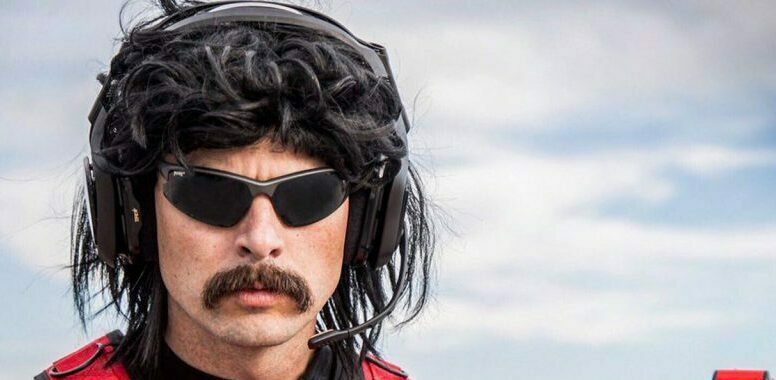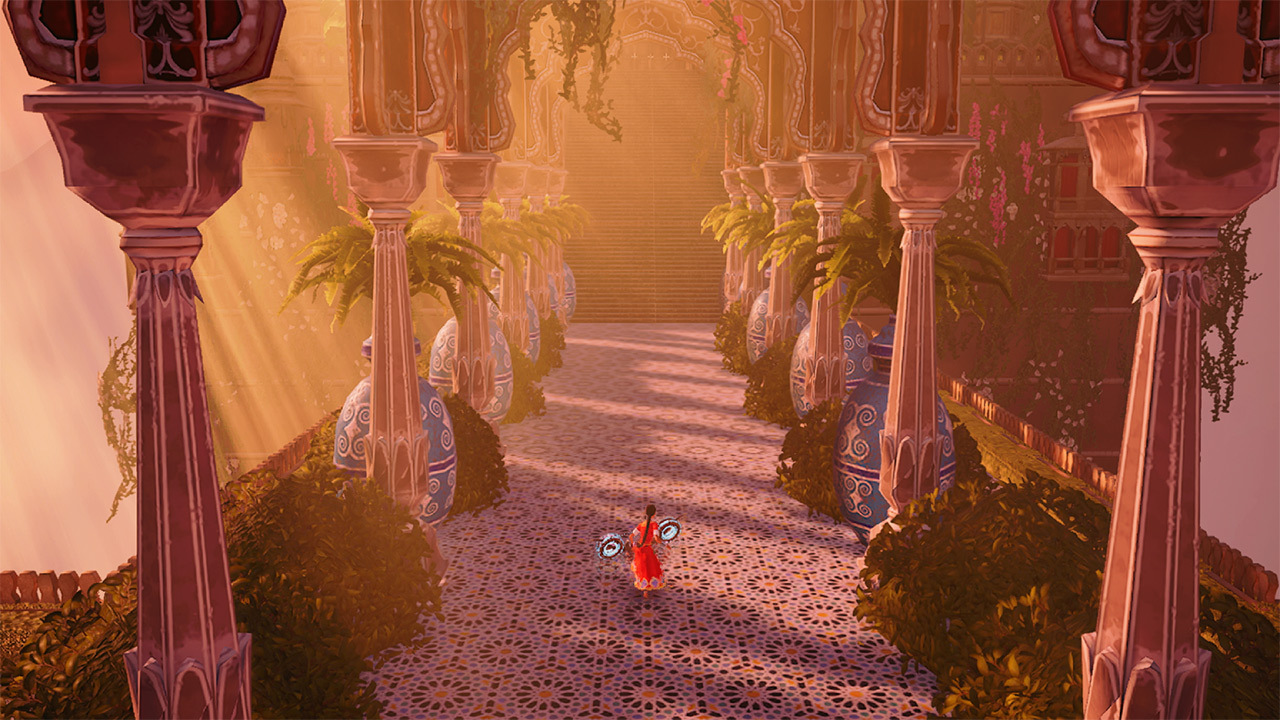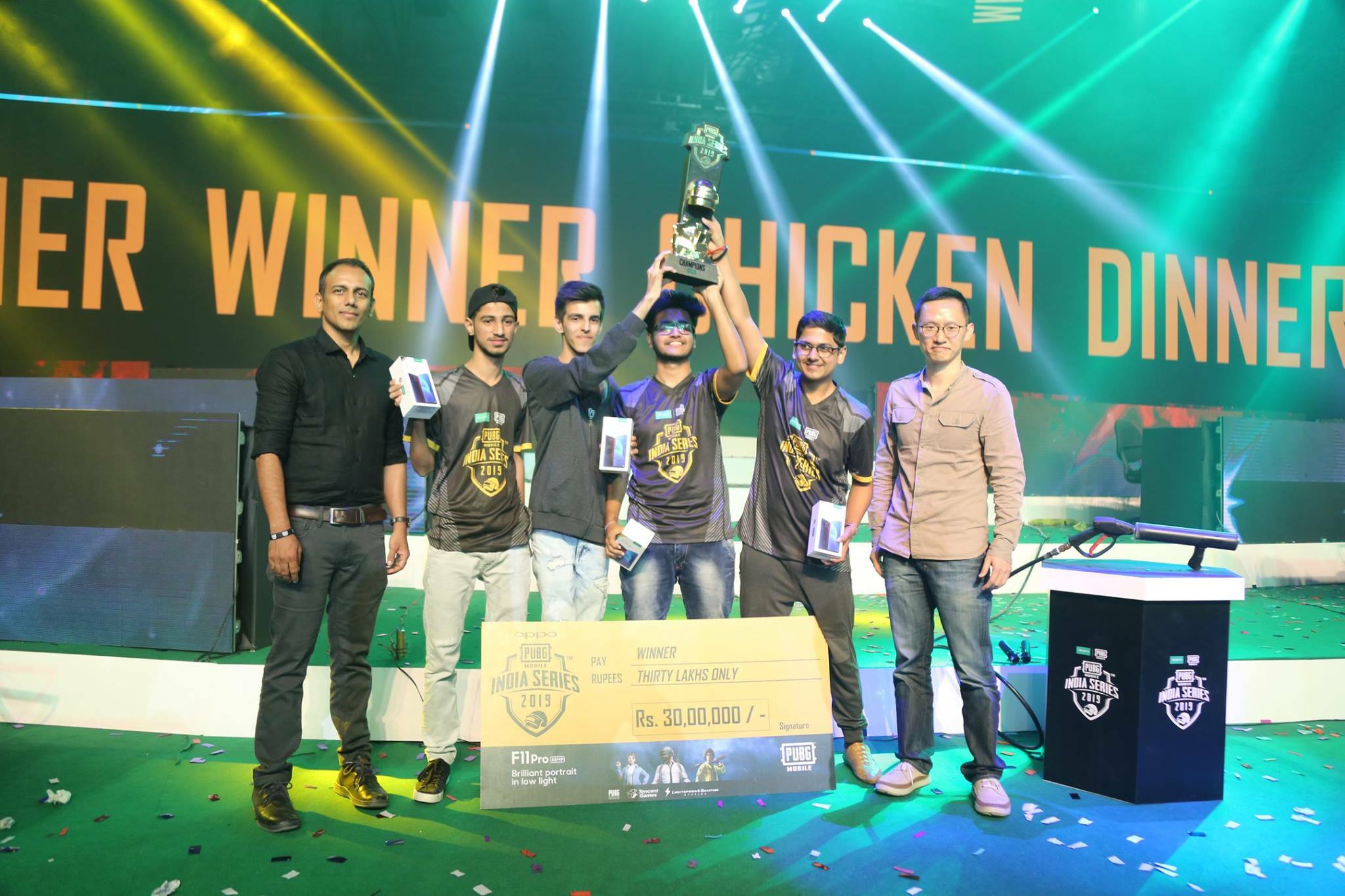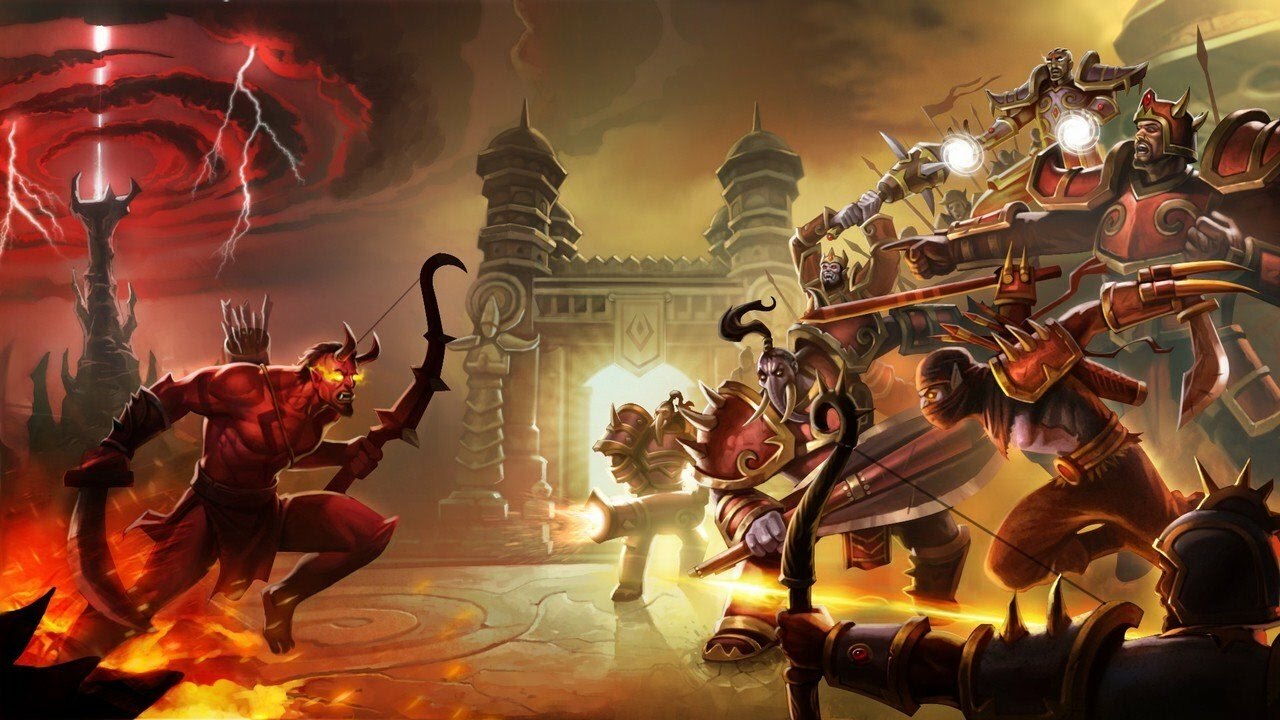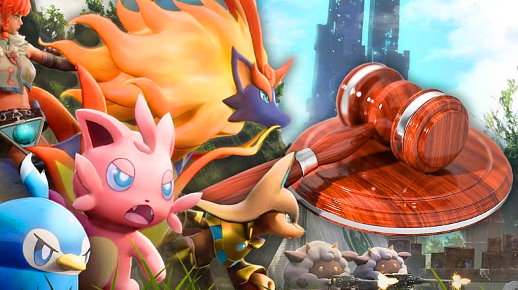Nintendo files another lawsuit – this time, it's about Palworld!
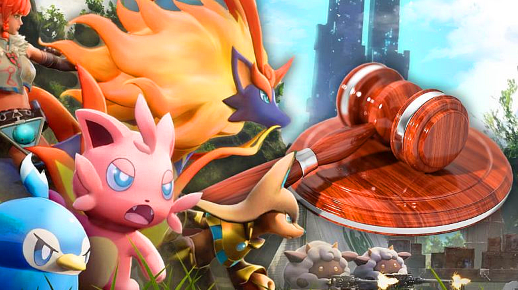
Nintendo continues to make headlines with its legal actions. In 2024, the company sued a supermarket in Costa Rica for decorating its store in a Super Mario theme without a license. Now, attention has shifted to the next big case: this time, the spotlight is on the game Palworld.
A Clone Too Far?
Since its early access launch in January 2024, Palworld has sparked controversy. "Pokémon with guns in an open world" — to some, a cheeky homage, to others (including Nintendo), a blatant rip-off.
In September 2024, Nintendo and The Pokémon Company filed an official lawsuit against developer Pocketpair in the Tokyo District Court.
The accusation: Palworld allegedly uses gameplay mechanics that are protected by Pokémon patents — including throwing spheres to catch creatures, riding them, and using them in battle.
“These Patents Shouldn’t Exist!”
Pocketpair has responded firmly, taking an unexpected route. The studio's lawyers not only deny the accusations of infringement but also challenge the validity of the patents themselves.
Their argument: The mechanics Nintendo claims as unique were already in use long before the patents were filed. Cited examples include:
- Titanfall 2
- ARK: Survival Evolved
- Tomb Raider
- Far Cry 5
- Octopath Traveler
- Monster Hunter Ultimate
- Pikmin 3
- And even The Legend of Zelda – a Nintendo game.
These titles, they argue, had already implemented catching systems, success rate indicators, and rideable companion creatures. If true, the patents would not be based on novel concepts and could be deemed invalid.
What Does It Mean Legally?
If Pocketpair's legal team convinces the court, the consequences could be massive. Invalid patents are unenforceable — meaning even if Palworld used similar mechanics, there would be no legal grounds for action.
As their lawyers put it: "You can infringe an invalid patent as often as you like — without consequences."
However, Pocketpair must disprove all three specific patents Nintendo is basing its case on. One win isn't enough — every point counts.
A Blow to the Team
According to Pocketpair's Global Community Manager John Buckley, the lawsuit hit the team hard: "It was a very depressing day. No one expected this kind of lawsuit — especially not to this extent."
Still, the studio remains determined to defend itself — not just for their own sake, but to stand up for smaller developers across the industry.
What This Means for the Gaming Industry
The legal battle between Nintendo and Pocketpair could have far-reaching consequences for the entire gaming industry.
If Pocketpair wins, it would send a strong signal against the patentability of fundamental gameplay mechanics — and mark a step toward greater creative freedom for developers around the world.
It would make it significantly more difficult to legally lock down gameplay ideas over the long term.
If, on the other hand, Nintendo loses, it would be a major setback for big publishers attempting to claim exclusive rights to established mechanics — and using them to put pressure on smaller studios.
Whether Palworld is a blatant Pokémon clone or simply a clever take on familiar ideas is for the court to decide. But one thing is clear: this case is bigger than just one game. It raises fundamental questions for the industry:
Who owns gameplay ideas? Where does inspiration end — and where does plagiarism begin?
The outcome of this case could offer answers — or spark a whole new debate.




